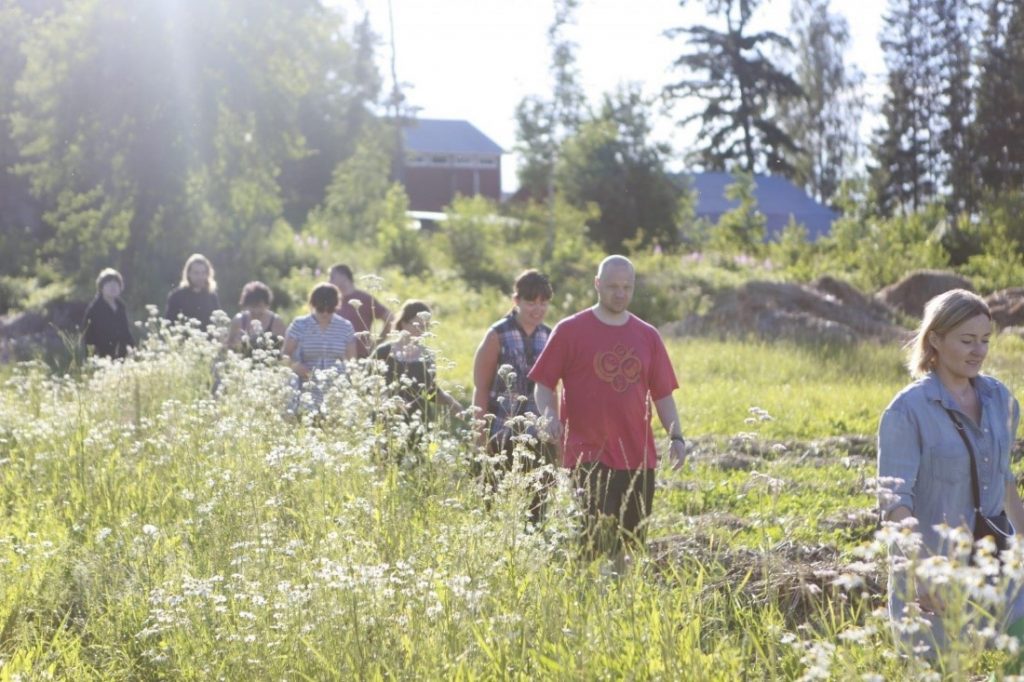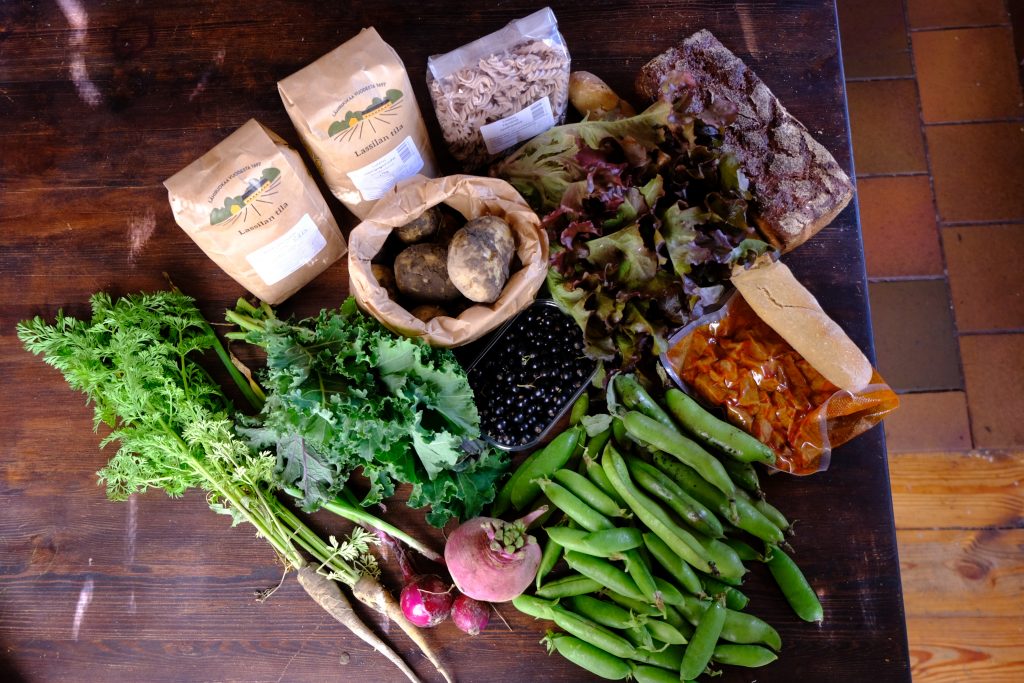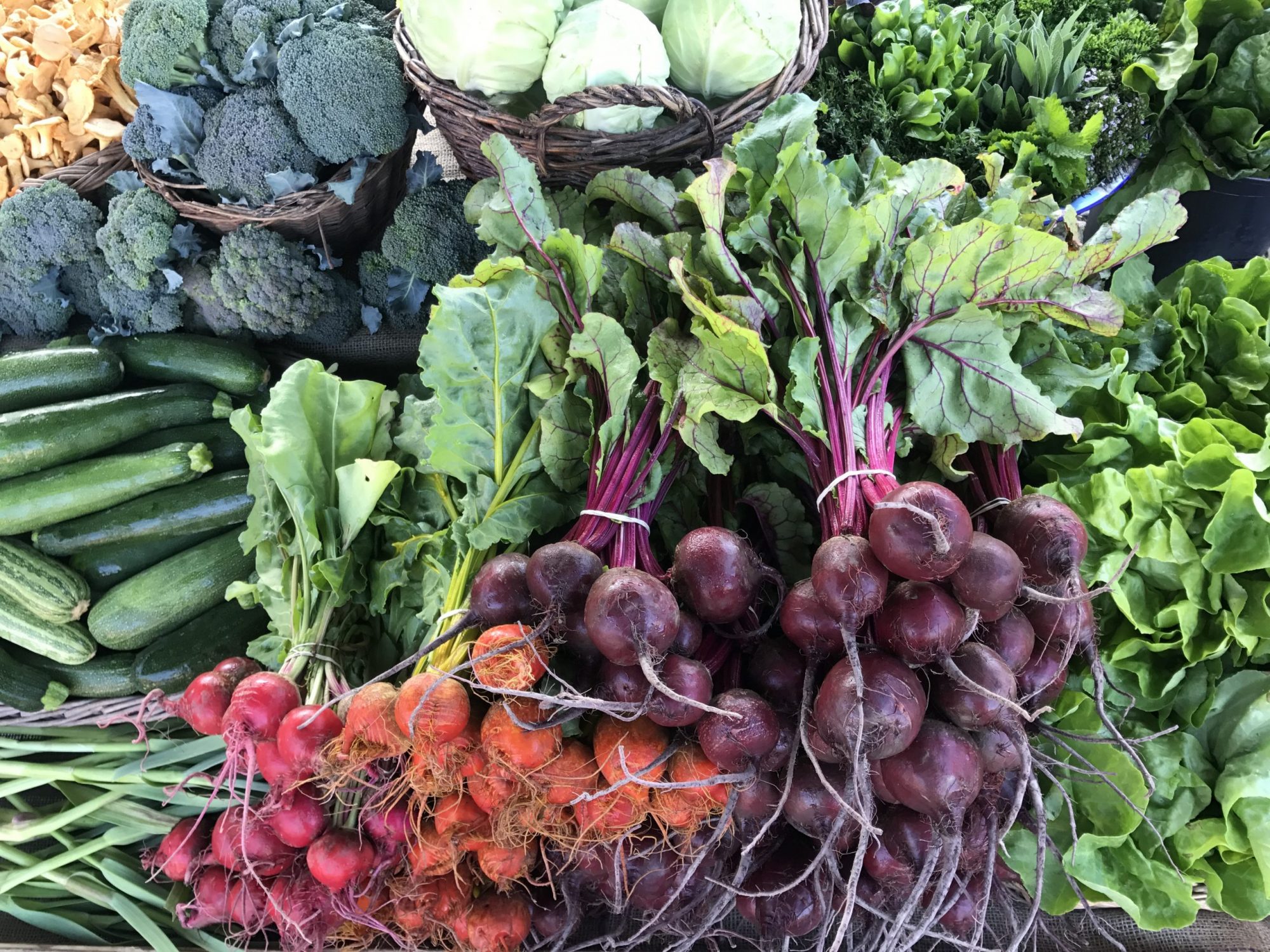About community processes as core to systemic change and justice

(Translation in Finnish/suomennos)
Community Supported Agriculture is generally described as being about the bringing of farmers and the consumers of their produce closer to each other, in order to share more of the risks of farming and to give a helping hand to the farmer. Through this social organisation a web of mutual support is formed, a sense of community.
”…further potential to capture and bring to the forefront why CSA’s matter”
The stress in this description lies on a perceived need to help farms and farmers. This is an important need to be acknowledged and acted upon. But there is further potential to capture and bring to the forefront why CSA’s matter, which lies beyond the notion of “helping” and which reaches as far as wanting to further global justice.
The late Trauger Groh in his and Mc Fadden’s book “Farms of Tomorrow Revisited: Community Supported Farms – Farm Supported Communities” (1998) wrote this:
“As with many catch-all names, the term community supported agriculture or CSA is slightly misleading. It implies that the problem is special support for agriculture. Although it may seem a fine point, the primary need is not for the farm to be supported by the community, but rather for the community to support itself through farming.”
With this Groh throws the ball to the other side and brings to the forefront a perspective in which focus is not on why our engagement with our farms and farmers is necessary to supporting them, but rather on what our engagement with Agriculture importantly gives for (all of) us.
”…but rather on what our engagement with Agriculture importantly gives for (all of) us.”
Our cooperative Oma Maa has for years been developing its thoughts with regards to its engagement with Agriculture. In the current draft of Oma Maa’s action plan it reads that “Oma Maa is furthering an all-year-around ecological community process around good Agriculture, in which Agriculture is referring to the cultivating, developing of the land to be fulfilling peoples food as well as other basic needs, and to make good, ecological life possible.” With these words Agriculture is brought to the forefront in its fullest meaning and potential.
*************
About Oma Maa (other text continues after this description)
Oma Maa’s activities are rooted on the Lassila farm and Kauko farm in Tuusula (Finland) with produce distribution and activity points reaching out to the cities of Järvenpää and Helsinki. Through its cooperation with both farms, Oma Maa develops and takes care of 80 hectares of land and 30 hectares of forest.
The cooperative grows grain, oily crops, legumes and vegetables according to organic principles. In the permaculture forest garden (1.5 hectares) fruit trees, berries and other perennial crops are grown. In addition, there is 1.44 hectares of protected land, where the Lassila farm’s three cows graze in summer and fulfill their role as guardians of biodiversity.
The produced food is distributed to Oma Maa members throughout the year in the form of food bags which are a direct expression of Oma Maa’s Good Agriculture and which stand in challenge of what our mainstream market system has determined can be locally grown and eaten. The food bags contain a lot of seasonal products, but also products that are conserved, refined and processed by Oma Maa. Such ready-made products include wheat and rye bread, falafel, seitan, and oat yoghurt, various fermented and dried produce, and different grains, groats and flakes.

Oma Maa wants to integrate local and traditional methodologies of both efficient and ecological resource use with global practices and tastes, and with this process address the issue of what can and should be the food of the future. Throughout it all, Oma Maa actively puts out a continuous call for cooperative members and others interested to join in its process.
*************
In the draft of its Action plan, Oma Maa continues to explain why it believes to be important to be engaging itself not just in a process around good Agriculture, but to be in fact doing so in the form of a community process. Oma Maa sees community process as cornerstone to systemic change in society, and this because of two underpinnings, which can be related to each other.
”Oma Maa sees community process as cornerstone to systemic change in society…”
Firstly, by changing our basic needs systems – meaning by changing the production, distribution and consumption of our basic needs as food and energy – we can be developing pathways towards more socially, ecologically better and healthier communities and society locally and globally. These basic needs are such daily, pervasive societal issues, changing them means changing a whole lot of things.
Secondly, social and ecological systemic change in society is to be rooted in community/peoples processes around their daily needs – meaning co-produced, co-governed, co-managed according to collectively held values, and not captured nor left to financial profit seeking markets, for they will not deliver the desired change.
”…changing the systems of our basic needs as food and energy can lead to systemic change in society, (only) if and when these processes are in the hands of people.”
Linking these two underpinning together then leads to the conclusion that changing the systems of our basic needs as food and energy can lead to systemic change in society, (only) if and when these processes are in the hands of people. In Oma Maa’s draft action plan more can be read on how its peoples process importantly is a collective and empowering pedagogical process, for Oma Maa importantly a learning through doing and questioning.
Such a conclusion has important ramifications when we seek solutions to our climate and biodiversity crises. The debate about how to come to systemic change in society is often framed by way of a juxtaposing of the responsibility of government to be designing and enacting effective policy versus the responsibility of citizens in the form of consumer choice and the likes – and concluded that real responsibility and power lies with the big policy of government.
However, through this framing a fundamental insight also Oma Maa puts to the forefront is overlooked – that in response to today’s challenges, community processes are not to be seen as small, insufficient and irrelevant actions, but are in fact cornerstones to systemic change.
”… an invitation to explore the potential for social and ecological systemic change our engagement with Agriculture can be giving us.”
Our CSA’s can then be seen as an invitation to explore the potential for social and ecological systemic change our engagement with Agriculture can be giving us. And through this exploring we are linking up with different experiences globally, which despite their often so seemingly different circumstances, can in fact be seen as engaged together and interdependently in a struggle for the right to engage in community processes aiming at systemic change, which ultimately is also a struggle for justice.
Written by Ruby Van der Wekken, Producing member in Oma Maa
